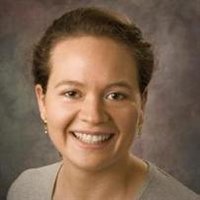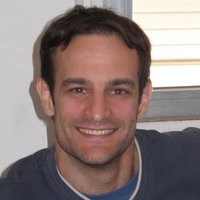
Chronis Kynigos. National and Kapodistrian University of Athen, Greece and Linnaeus University Sweeden
Embedding mathematics in Socio-scientific games: The case of the mathematical in grappling with Wicked Problems
I will show and discuss a game-authoring tool called 'ChoiCo' - Choices with Consequences - designed for playing and modding games about complext socio-scientific issues called 'wicked problems'. Examples are
large-scale climate change issues, sustainable industrial designs, or more personal diet, supermarket shopping. I will invite us to think with me about the principles and the techniques of embeding mathematical
ideas to be identified and used by the player-designers in grappling with such open, unstructured, contentious, dynamic problems.

Anna Baccaglini-Frank. University of Pisa, Italy
Shifts from teaching mathematics with technology to teaching mathematics through technology: a focus on mathematical discussion
Mathematical discussion plays a key role in teaching processes, especially when digital artifacts are used. I will provide glimpses into the unfolding of this teaching practice at different school levels in pre- and post-COVID teaching environments in Italy. From these episodes I will highlight some interesting changes in how mathematical discussions about, with and through technology are carried out.

Shai Olsher. University of Haifa, Isreal
Te(a)ching to collaborate: Automatic assessment based grouping recommendations and implications for teaching
Sharing and communicating mathematical ideas is fundamental to learning and teaching mathematics. This presentation will focus on fostering mathematical collaborations between students through the lens of topic-specific learning analytics (TSLA). Using example eliciting tasks we harness technology to analyze different characteristics of a student's submitted answers and to characterize different types of relationships between different student’s mathematical work. I will present schemes of automatic recommendations for student pairing and how they are used by teachers to improve the collaborations in terms of student’s learning outcomes, and the teachers' orchestration of classwork in an online environment.

Dan Meyer. Desmos, Oakland, California, USA
Pixels are Pedagogy
Two common ideas — (1) that mathematics is a purely objective discipline (2) that digital technology is a morally neutral actor — have entwined over the last several decades and resulted in catastrophe for mathematics learning. Our decisions about pixels in our math education software are simultaneously decisions about pedagogy, the nature of mathematics, and the value of students. We will explore the implications of those decisions.